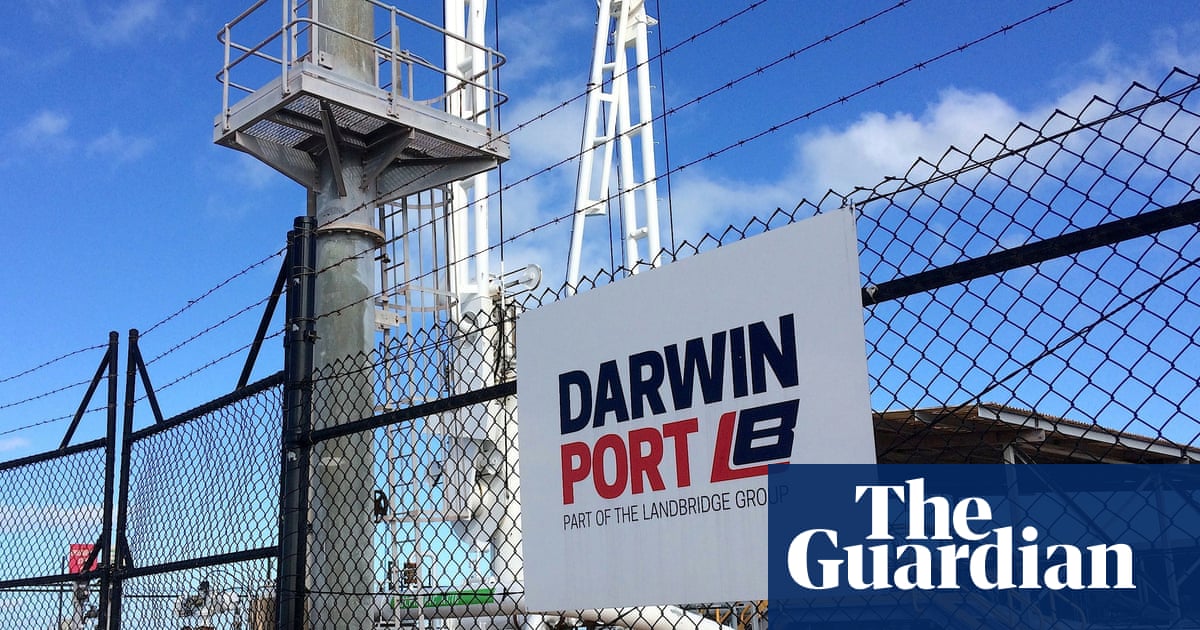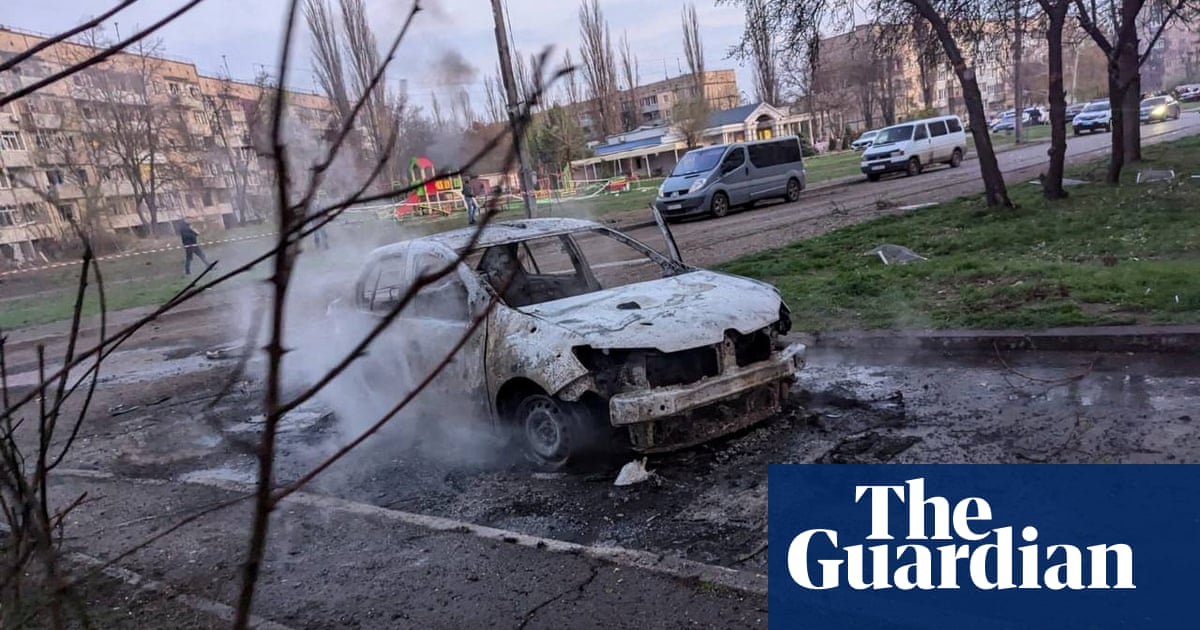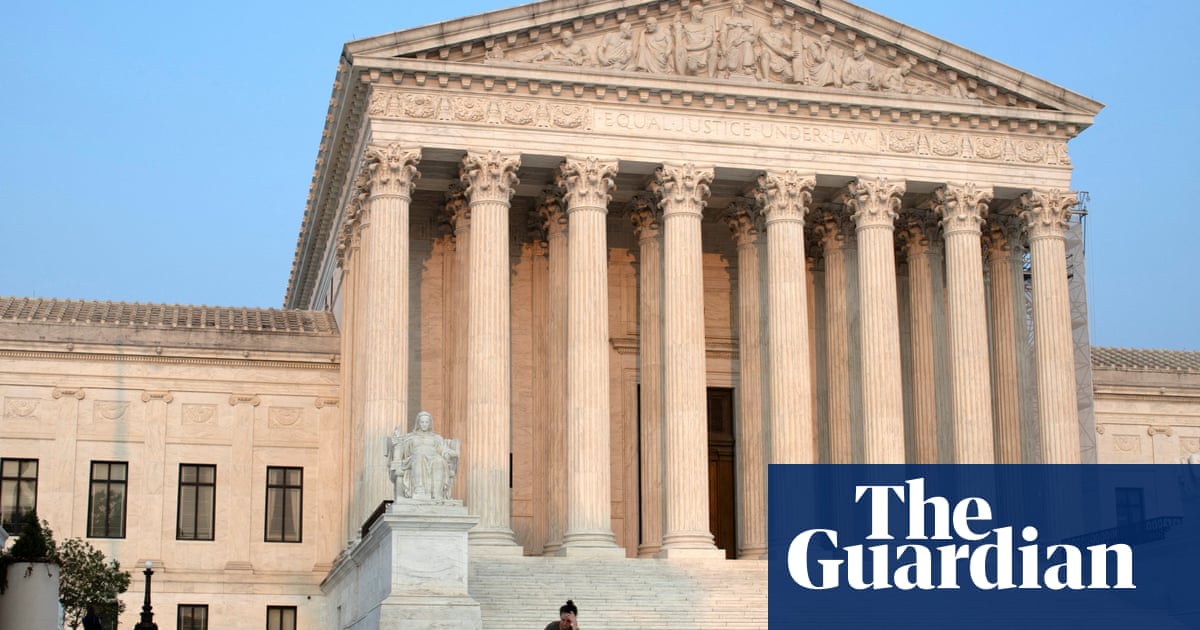For over a decade the world seemed to have forgotten Avera Mengistu.
An Israeli Jew of Ethiopian heritage, who reportedly had mental health issues, Mengistu was 28 when he entered the Gaza Strip voluntarily on 7 September 2014 after a dispute with his mother.
Mistaken for an Israeli soldier and spy, Mengistu was captured by Hamas and detained in a prison within the territory. Since then, his whereabouts remained a mystery, with sporadic appearances in Hamas videos calling for his release. His family claimed the Israeli army and government never really tried to bring him home.
That all changed on 7 October 2023, when Hamas launched a brutal attack, killing 1,200 people in Israel and abducting another 250. Since then, Mengistu’s family, who never ceased their fight for his release, has joined forces with the families of other Israeli hostages taken by Hamas.
On Friday, after the approval by the Israeli government of a ceasefire deal to exchange 33 hostages held in Gaza for Palestinians in Israeli jails, and pause a 15-month war for an initial six weeks, a list containing the names of those who will be freed by the militant group has been circulating on the main Israeli news sites. The list included Mengistu’s name.
“I can’t even remember the last thing we talked about or even the last time we met,” his cousin, Gil Elias, told the Observer. “My heart is beating 200bpm, my stomach is flipped. For 10 years we have been waiting for this moment to come, but it never did. And now finally it’s happening. I know he’s still alive.”
“He should have been here a long time ago,” added Elias. “But he is not because of negligence from the government.”

Caught between hope and despair for the past 15 months, Elias’s expectations – and those of the relatives of the other hostages – have been raised and dashed numerous times since the October 2023 attack. Over the course of these those months, every time the agreement seemed close, it was promptly derailed.
“The government didn’t work hard enough on bringing him back when they actually could do it,” said Elias. “They didn’t want to pay the price for bringing him back and at the time we couldn’t put pressure on the government because of the censorship, so we weren’t allowed to talk about it at all.”
In recent weeks, the families of Israeli hostages have voiced cautious optimism their loved ones may soon be freed as Israel and Hamas appeared to edge closer towards a deal.
“It’s been like this in the past where we were lured by the tantalising prospect of an imminent deal and then having it snatched away, having our hopes raised to stratospheric levels and then dashed on the rocks of despair,” said Adam Ma’anit, whose cousin Tsachi Idan, 50, was taken hostage from the Nahal Oz kibbutz.
Every weekend and for over a year, the relatives of those held captive in Gaza have been taking to the streets of Israel’s major cities, calling on Benjamin Netanyahu, the prime minister, to bring their loved ones home.
However, their return, which was supposed to be the primary goal of the conflict from the outset, had gradually become less of a focus, the families argued. Instead, Netanyahu’s government carried out one of the bloodiest wars in recent history, with the aim of eradicating Hamas.
The Israeli military operations and bombings not only caused the deaths of more than 46,500 Palestinians, but have also put at risk the lives of the hostages trapped in Gaza, some of whom have died at the hands of the Israeli military.
In November 2023, Hamas released 105 of the hostages in return for 240 Palestinian prisoners in Israeli jails, during a brief ceasefire. Of the 251 hostages kidnapped by Hamas, 94 are still believed to be held in Gaza. Israeli and western intelligence services estimate that at least a third of them have died.
“Every day you fear the worst,” Moshe Emilio Lavi – whose brother-in-law, Omri Miran, is among the hostages – told the Observer. “Time ran out a long time ago. The international community completely failed. Our government failed by not prioritising their release enough.”
A significant turning point was reached as the inauguration day of US President-elect Donald Trump approached, who made it clear from the start that a ceasefire agreement needed to be reached before he took office. The will of Trump, and that of the administration of the current President Joe Biden, who has worked for over a year to find an agreement, has thus pushed both sides to accelerate the process towards a deal.
Finally, on Friday, after an unexpected delay that sparked fears that last-minute disagreements between Israel and Hamas might scuttle the deal, the Israeli government ratified the agreement. Netanyahu warned on Saturday that a ceasefire would not go ahead unless Israel receives the names of hostages to be released, as had been agreed.
Under the first phase of the deal, which is to last 42 days, Hamas has agreed to release 33 hostages including children, women (including female soldiers) and men aged over 50, in exchange for hundreds of Palestinians held in Israeli jails.
The releases will be staggered. On Sunday, three Israeli hostages are expected to be released, followed by four more on the seventh day, and again at the end of each week of the ceasefire.

Mengistu and Hisham al-Sayed, another mentally ill Israeli man who entered Gaza a decade ago and has since been held hostage by Hamas, will be released in exchange for 30 prisoners.
In the second phase, the remaining living hostages would be sent back and a corresponding ratio of Palestinian prisoners would be freed, and Israel would completely withdraw from the territory. The specifics are subject to further negotiations, which are due to start 16 days into the first phase.
The third phase would address the exchange of bodies of deceased hostages and Hamas members, and a reconstruction plan for Gaza would be launched. Arrangements for future governance of the strip remain hazy.
Analysts and political observers remain sceptical that all stages of the ceasefire deal will be fully implemented. Families are painfully aware that the long-awaited agreement for the return of their loved ones is still fragile, with every misstep having the potential to plunge Gaza back into turmoil and leave them in limbo.
“We urgently call for swift arrangements to ensure all phases of the deal are implemented, and emphasise that negotiations for the next phases must begin before day 16,” the committee of families said in a statement on Thursday. “This is just the first step – we won’t stop until the last hostage returns.”
Relatives of those still held captive in Gaza fear the deal may be hindered by the far-right parties of Netanyahu’s coalition that refused to accept a deal until Hamas is completely defeated.
Far-right members of the Israeli coalition government have already threatened to resign, potentially derailing months of work to end the conflict.
Before the vote on Friday, Itamar Ben-Gvir, Netanyahu’s hardline national security minister, issued a last-minute plea for other parliamentarians to vote against the agreement. “Everyone knows that these terrorists will try to harm again, try to kill again,” he said.

Israeli media have reported that Ben-Gvir and Israeli finance minister, Bezalel Smotrich, the head of one of the hardline nationalist religious parties in the ruling coalition, might at some point during the ceasefire derail the agreement and push Netanyahu to resume the bombings. Ben-Gvir has threatened to resign on Monday.
“They are exploiting the hostage deal because they have other interests, like re-establishing settlements in northern Gaza,” Lavi said. “I just hope the government is not going to make an unwise decision this time.”
Meanwhile, Sunday will not merely be a day of celebration for the families of the hostages. Hundreds of relatives of Palestinian prisoners, held in Israeli jails, wait in anticipation for their loved ones to finally be released.
About 100 of the Palestinian prisoners slated for release are serving life sentences for violent attacks on Israelis; others were jailed for lesser offences, including social media posts, or held in administrative detention, which allows for the pre-emptive arrest of individuals based on undisclosed evidence.
Israel’s ministry of justice issued a partial list of 95 prisoners who will be released in the first phase of the deal.
According to a copy of the agreement seen by the Observer, nine ill and wounded Israelis will be released in exchange for 110 Palestinians serving life sentences in Israeli jails.
Men aged over 50 on the list of 33 hostages will be released in return for prisoners serving life sentences at a ratio of 1:3, and 1:27 for other sentences.
According to figures published by Israeli NGO HaMoked, as of January 2025, there were 10,221 Palestinians in Israeli prison. About 3,376 of them are held under administrative detention, while 1,886 are classified as “unlawful combatants”, which also allows detention without charge or trial. The Israel Defense Forces and Israeli government say the measures comply with international law.
Palestinians have long alleged that imprisonment is a key element of Israel’s 57-year-old occupation: various estimates suggest that up to 40% of Palestinian men have been arrested at least once in their lives.
Ahmed Mahmoud Abu Ghulous, 66, is the father of Ahmed Abu Ghulous, who was arrested over the 2004 murder of an Israeli in a Jerusalem settlement, in an attack claimed by Hamas.
“My son was 18 years old at the time; he has been in prison for 21 years,” his father said. “Every hour and minute we follow the news.”
Abu Ghulous added: “I hope all the Palestinian prisoners will be released, as well as the Israeli hostages, and get to see their loved ones. I am a father and I know exactly what it means to live apart from your children. Every human being is valuable to his loved ones.”
Jamal Risheq contributed to this report

.png) 2 months ago
27
2 months ago
27













































